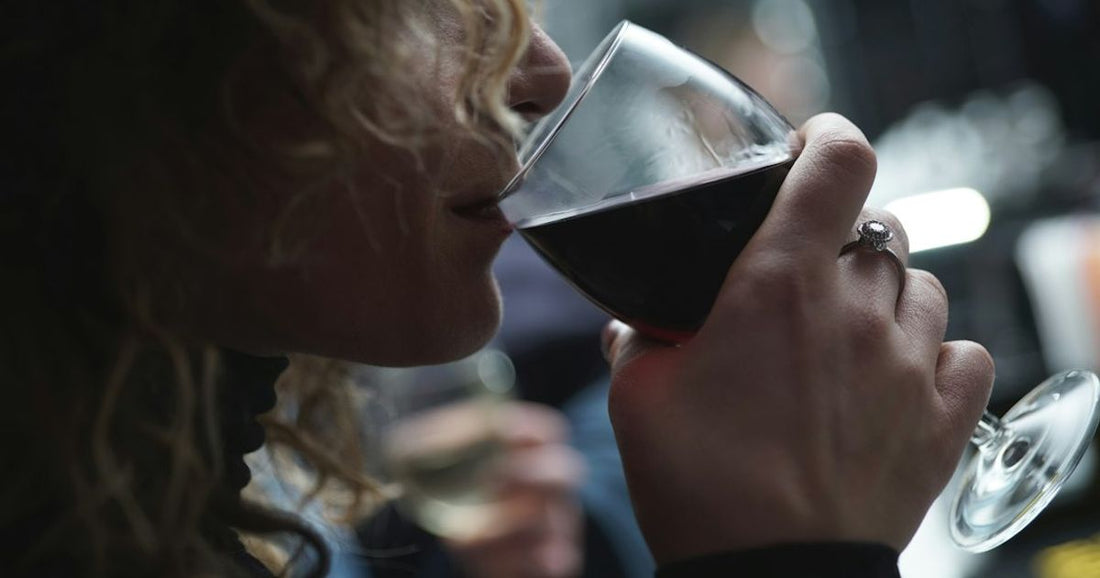
Impact of Regulations on Spanish Wine Industry
Share
In the heart of Spain's rolling vineyards and ancient bodegas, a complex network of regulations shapes the wine industry, influencing everything from grape cultivation to the final label on a bottle of Rioja. These regulations, while sometimes seen as bureaucratic hurdles, play a crucial role in maintaining the quality, authenticity, and global reputation of Spanish wines. In this article, we delve into how standards such as Denominación de Origen Calificada (DOCa), aging criteria, and other legal terms impact the quality and market presence of Spanish wines. We'll explore the nuances of these regulations and their significance to both producers and consumers, shedding light on the intricate balance between tradition and innovation in Spain's wine industry.
Key Takeaways
- Regulations Ensure Quality: Spanish wine regulations, including DOCa standards and aging criteria, are designed to maintain high-quality wine production and protect the reputation of Spanish wines on the global market.
- DOCa Standards: Denominación de Origen Calificada (DOCa) is a classification reserved for wines that have consistently shown the highest levels of quality over a long period. Only a few regions, such as Rioja and Priorat, have achieved this status.
- Aging Criteria: The aging process, regulated by strict criteria, is essential for categorizing Spanish wines into different quality levels—Crianza, Reserva, and Gran Reserva. These categories inform consumers about the wine's aging process and expected complexity.
- Impact on Market: Regulations not only preserve the quality and authenticity of Spanish wines but also play a significant role in their marketability, helping Spanish wines to stand out in the competitive international wine market.
- Challenges and Opportunities: While regulations ensure quality and authenticity, they also present challenges, particularly for smaller producers. However, they also offer opportunities for innovation within the framework of tradition.
Understanding DOCa Standards
DOCa, or Denominación de Origen Calificada, represents the pinnacle of Spanish wine classifications, reserved for regions that demonstrate a consistent commitment to the highest quality wine production. This prestigious status is not easily attained, requiring a rigorous evaluation of the region's wines over many years.
Criteria for DOCa Classification
To achieve DOCa status, a wine region must meet strict criteria, including a proven track record of quality over at least ten years. This involves meticulous control over grape varieties, vineyard practices, and winemaking processes. Regions with DOCa status, such as Rioja and Priorat, are recognized globally for their exceptional wines, reflecting the stringent standards they adhere to.
Impact on Producers and Consumers
For wine producers, achieving DOCa status can significantly enhance their brand's prestige and market value. It's a mark of excellence that attracts discerning consumers willing to pay a premium for guaranteed quality. For consumers, the DOCa label serves as a trusted guide to some of the finest wines Spain has to offer, ensuring authenticity and exceptional craftsmanship.
The Role of Aging in Spanish Wine Quality
Aging is a critical component of Spanish wine production, with specific regulations governing how wines are aged and classified. These criteria ensure that the wines not only meet the required quality standards but also reflect the unique characteristics of their region.
Aging Categories and Criteria
Spanish wines are categorized based on their aging process into Crianza, Reserva, and Gran Reserva. Each category has specific requirements regarding the minimum aging period, both in oak barrels and in the bottle. This aging process contributes to the complexity, flavor, and character of the wine, distinguishing Spanish wines on the global stage.
Innovation within Tradition
While aging criteria are strictly regulated, winemakers in Spain continually explore innovative aging techniques to enhance their wines' quality and uniqueness. This balance between tradition and innovation helps Spanish wines maintain their esteemed position in the wine world, appealing to both traditionalists and those seeking something new.
Navigating the Impact of Legal Terms
Spanish wine regulations extend beyond DOCa standards and aging criteria, encompassing a range of legal terms that govern labeling, production, and exportation. Understanding these terms is crucial for both producers and consumers.
Decoding Spanish Wine Legal Terms
Legal terms such as "Vino de Pago," "Roble," and "Joven" provide valuable information about a wine's origin, aging process, and quality. These terms are regulated to prevent misleading practices and ensure transparency in the wine industry. For more insights into decoding these terms, consider reading our article on Decoding Spanish Wine Legal Terms.
Impact on International Trade
Regulatory compliance is essential for Spanish wine exporters, as it affects their ability to access international markets. Adhering to these regulations not only ensures the authenticity and quality of exported wines but also helps navigate the complex landscape of global wine trade, maintaining Spain's competitive edge.
Challenges and Opportunities Ahead
While regulations are instrumental in maintaining the high quality and reputation of Spanish wines, they also present challenges, especially for smaller producers who may struggle with the costs and complexities of compliance. However, these challenges also create opportunities for innovation and differentiation in the market.
Overcoming Regulatory Hurdles
For small and medium-sized wineries, navigating the regulatory landscape can be daunting. Yet, many find creative ways to meet these standards while expressing their unique terroir and winemaking philosophy. This adaptability not only ensures compliance but also enriches the diversity of Spanish wines available to consumers.
Embracing Sustainability and Organic Practices
An increasing number of Spanish wineries are embracing organic and sustainable practices, aligning with global trends towards environmental responsibility. Regulations supporting these practices not only benefit the environment but also open new market opportunities for Spanish wines. For insights into the benefits of choosing organic Spanish wines, check out our article on Why Choose Organic Spanish Wines?.
Conclusion
The Spanish wine industry, with its rich history and diverse terroirs, is intricately shaped by a complex system of regulations. These regulations, from DOCa standards to aging criteria and legal labeling terms, play a pivotal role in maintaining the quality, authenticity, and global reputation of Spanish wines. While they present certain challenges, particularly for smaller producers, they also offer opportunities for innovation and differentiation in the competitive world of wine. As the industry continues to evolve, the balance between tradition and innovation, guided by thoughtful regulation, will ensure that Spanish wines remain cherished by connoisseurs and casual drinkers alike around the globe.


